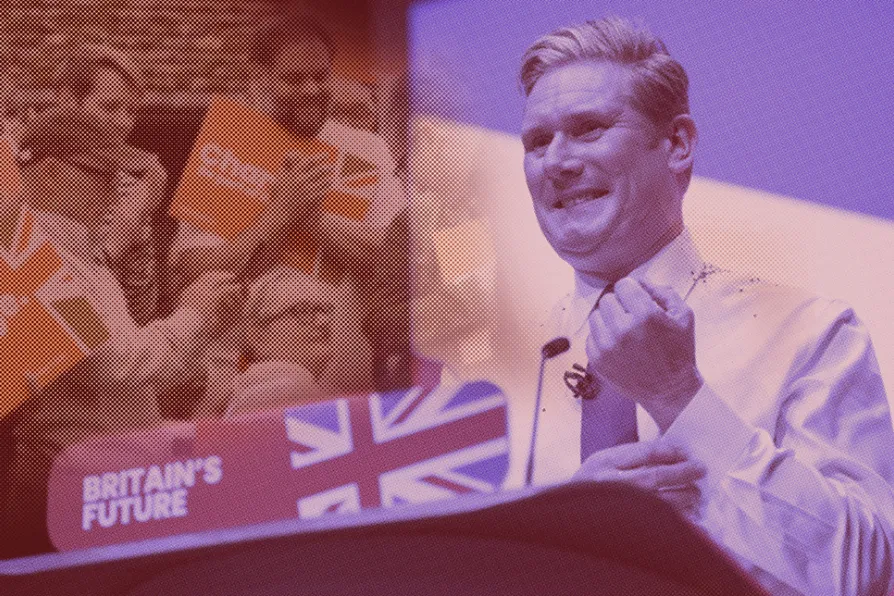Channel 4’s Dirty Business shows why private companies cannot be trusted with vital services like water, says PAUL DONOVAN

 With his £16,000 worth of “free” clothes,” and being known to have accepted concert and match tickets, as well as hospitality worth £3,716 to watch the Epsom Derby last year at a time when he should have been planning legislation to ban all such enticement, Keir Starmer cannot see anything wrong with his behaviour. He hasn’t broken any rules, he claims, and obviously has no plans to change them.
With his £16,000 worth of “free” clothes,” and being known to have accepted concert and match tickets, as well as hospitality worth £3,716 to watch the Epsom Derby last year at a time when he should have been planning legislation to ban all such enticement, Keir Starmer cannot see anything wrong with his behaviour. He hasn’t broken any rules, he claims, and obviously has no plans to change them.
KEIR STARMER and his supporters in the press have been keen in the last few weeks, for obvious reasons, to stress how a Labour government will change lives dramatically, with Rafael Behr in the Guardian convinced there is abundant “available evidence” suggesting Starmer will be a “transformative Labour Prime Minister.”
While there are hints of improvements for workers in Rayner’s package of reforms, sadly there is far more evidence to indicate change will be minimal.
Does the party’s kowtowing to the banks and big business really suggest things will be better for the average worker earning less than average wages and struggling to make ends meet?
Labour hasn’t even suggested windfall taxes on the massive profits banks made during the inflation crisis by immediately raising interest rates for borrowers when the Bank of England increased the base rate but kept rates low for savers.

We cannot refuse to abolish the unjustifiable two-child benefit cap that pushes children into poverty while finding billions of pounds for defence spending — the membership and the public expect better from Labour, writes JON TRICKETT MP

Under current policy, welfare cuts are just a small downpayment on future austerity, argues MICHAEL BURKE












